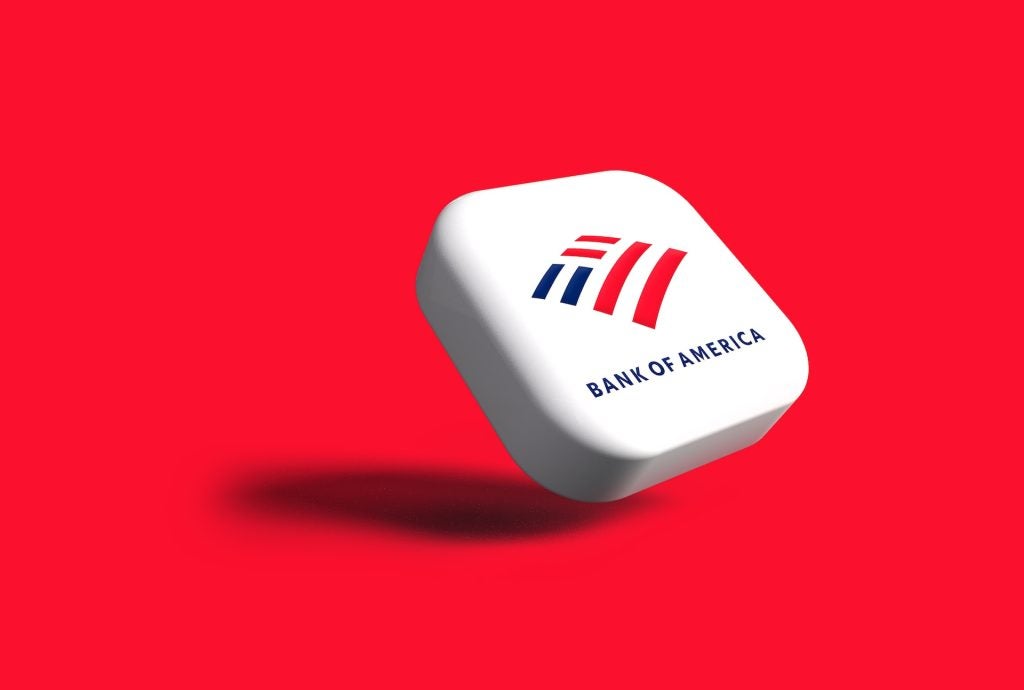
From resilience and the capacity of private markets to adapt to change, to the various pressures coming from regulators and the need for greater margins, the private banking industry is facing both opportunities and challenges. Here, Nicolas Roth, Head of Alternative Assets at REYL & Cie, provides his take on the evolution that’s currently underway in the industry.
Q: How would you describe the state of the private banking industry today?
Today, the private banking industry is being heavily challenged on multiple fronts, from pressures on margins and the need for consolidation, to heavy and costly regulations.
But, at the same time, financial markets are at a crossroads, with a plethora of offerings in new segments like private markets, for example. Private bankers have an opportunity to differentiate from their competitors by offering expertise in new areas that are highly sought-after by clients. The additional complexity, due diligence, and general services required in these areas means that many new opportunities could be priced higher than more traditional services, which could help to lower the pressure on fees.
The beauty of private markets is that banks don’t need to invest massively in technology to create an offering. The bulk of resources required for private banking transactions are mostly human, made up of specialists and investment managers who can source, originate, underwrite, conduct due diligence, and sell the opportunities created by the private market.
Q: How is the industry integrating new asset classes, and more “institutional” types of investment, for private clients?
Until recently, the cornerstone of private banks’ offering was the service access to investment vehicles giving exposure to bonds, equities, and alternatives. However, the past decade has been extremely rich in innovation on the financial products side, with a lot of new ideas, schemes, and, more importantly, demand.
Demand from ultra-high-net-worth individuals has changed significantly, from simple asset allocations to more sophisticated investments. Private clients have enquired a lot more about how to gain access to private equity, the type of direct lending and private credit strategies they should be looking at, and how they should invest in real estate. In addition, they are testing their own willingness to remove some liquidity from their portfolios to gain extra returns. Finally, they have enquired about exposure to digital assets, although until now that is considered more of a fringe phenomenon.
How well do you really know your competitors?
Access the most comprehensive Company Profiles on the market, powered by GlobalData. Save hours of research. Gain competitive edge.

Thank you!
Your download email will arrive shortly
Not ready to buy yet? Download a free sample
We are confident about the unique quality of our Company Profiles. However, we want you to make the most beneficial decision for your business, so we offer a free sample that you can download by submitting the below form
By GlobalDataThese massive shifts in demand from clients have forced private banks to re-think their offering beyond traditional investments. However, not every investment opportunity is meant for private clients. Some products are designed for institutional investors. For example, Tier 1 private equity funds require a significant entry ticket (this can be solved with feeder funds) and require investors to give up liquidity for a significant amount of time, usually around ten years.
Institutions such as pensions funds are dealing naturally with illiquidity, given that they are themselves working an asset-liability matching (ALM) exercise with a long-term horizon. Most private clients are not into an ALM framework but prefer absolute performance with shorter-term horizons. Some structural aspects, such as J-curve and long duration, can hardly be changed without altering the very nature of private equity. Therefore, asking whether all clients can buy private equity is not a rhetorical question, but is rather a true question the bank must answer.
Q: What should the role of the private banker be today, and in the coming years?
Product pushing, when dealing with complex and illiquid products, is not the right approach to use in private banking, for multiple reasons. Firstly, banks must ensure that clients are given a time horizon in line with the one of their investments. From experience, not all private clients are keen to lock up their capital for the next ten years. Secondly, given the time involved, it is important that a client understands their investment very well. They will see this line in their portfolio for quite some time. The more they know about it, the more comfortable they will be. Finally, the size of the investment, which is the easiest constraint to bypass, can still be a problem, as it can limit the universe of private clients available for a given investment.
The classic product pushing exercise of the private banker will not work well in the future. A bespoke and iterative approach with each client, ensuring all information and knowledge is passed on, is best. What the banker may lose with this approach, in terms of scalability, they will gain in client trust and loyalty. The private banker should therefore play the role of trusted advisor going forward.
Q: How can private banking deal with clients’ expectations that all information is free and available?
Firstly, not all information is free and readily available. Of course, social media can be fantastic for finding and gathering information on specific topics, even very niche topics. However, not everything can be found online. Furthermore, the role of today’s banker should not be to just provide information without an opinion, rather the banker should play the role of trusted advisor, surrounded by specialists in topical areas.
When it comes to investments in more complex and private instruments, the client should expect thorough due diligence from the bank, full access to data rooms, and frictionless access to all information. This is not only for the sake of radical transparency, but it also empowers the client in the decision-making process.
Given that private market investments are longer in duration, often with little or no ability to redeem, it is extremely important that client take ownership of this new line in their portfolio and understand that it may be just a little bit more than the rest of their portfolio, even if the allocation is smaller.
From a toolbox point of view, we are not talking about a massive, big bang. Private banking systems are efficient. Setting up data rooms and virtual due diligence documentation is an easy exercise that does not require a drastic shake-up of the bank’s infrastructure.
Ultimately, a client’s experience is determined by the quality of the investment proposed by the private banker. The quality and depth of the bank’s due diligence is equally crucial, as is the constant follow-up work carried out by the bank to ensure the investment stays on track.







